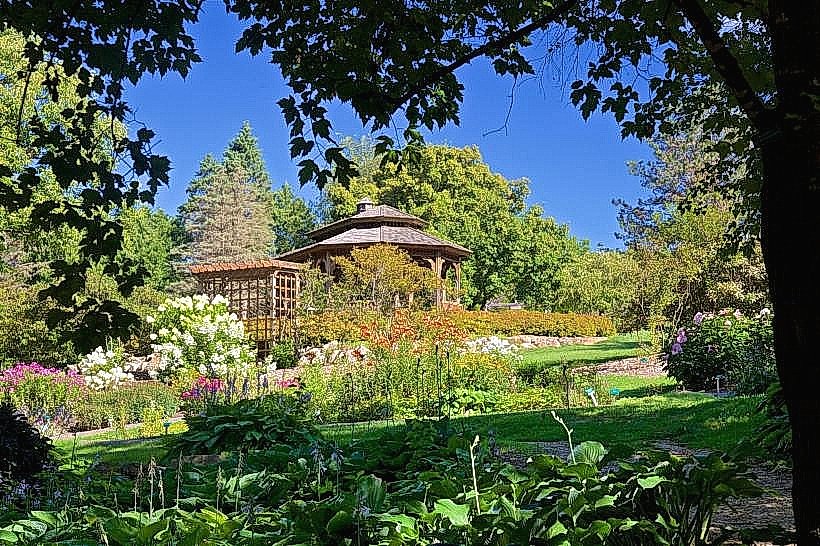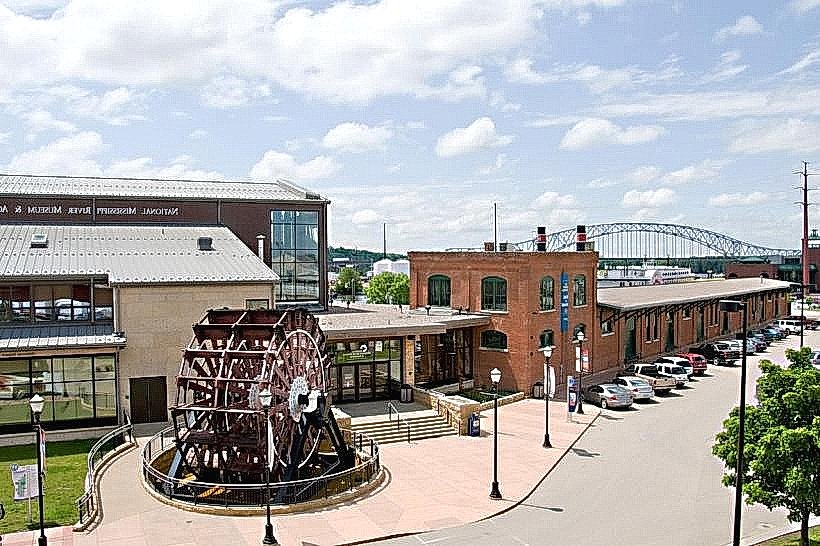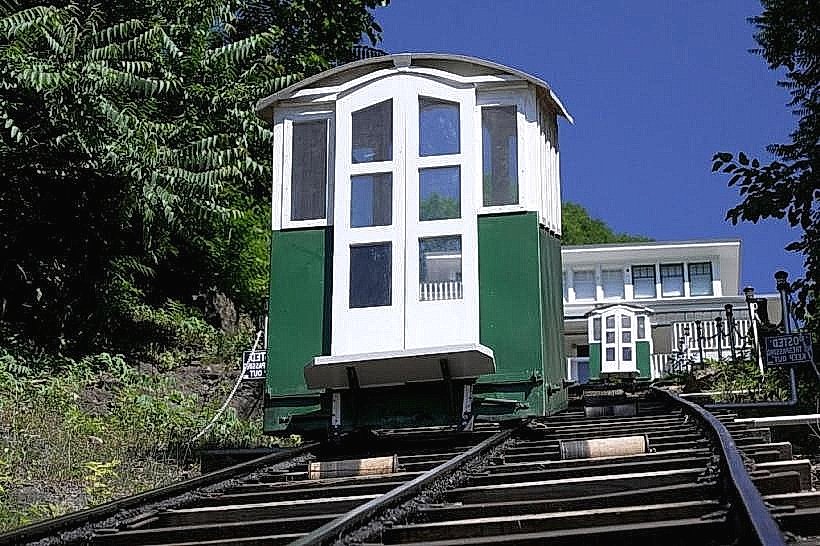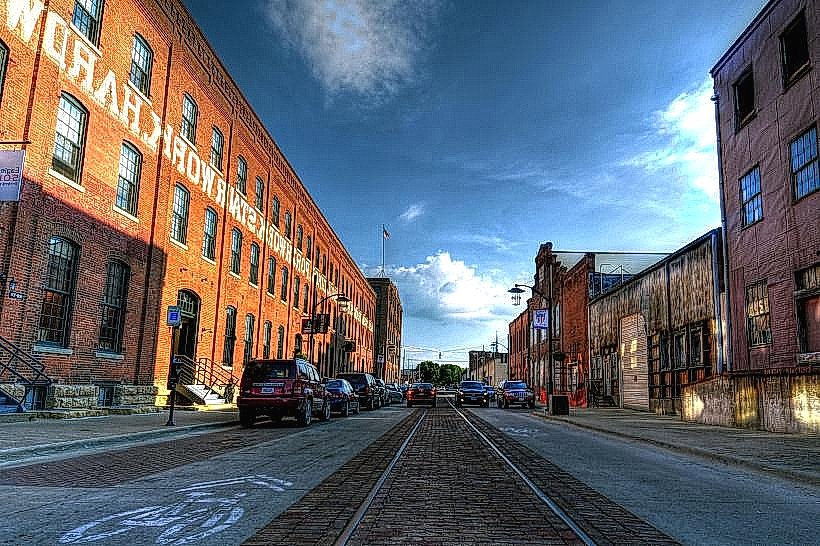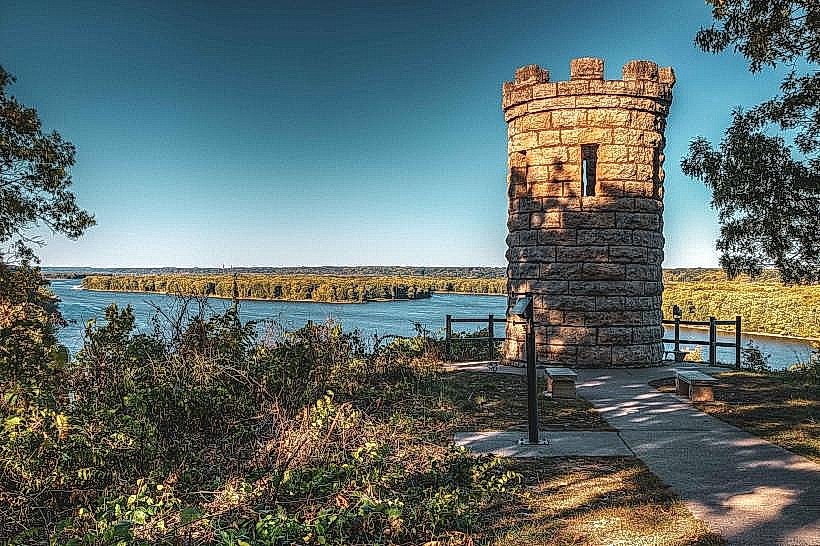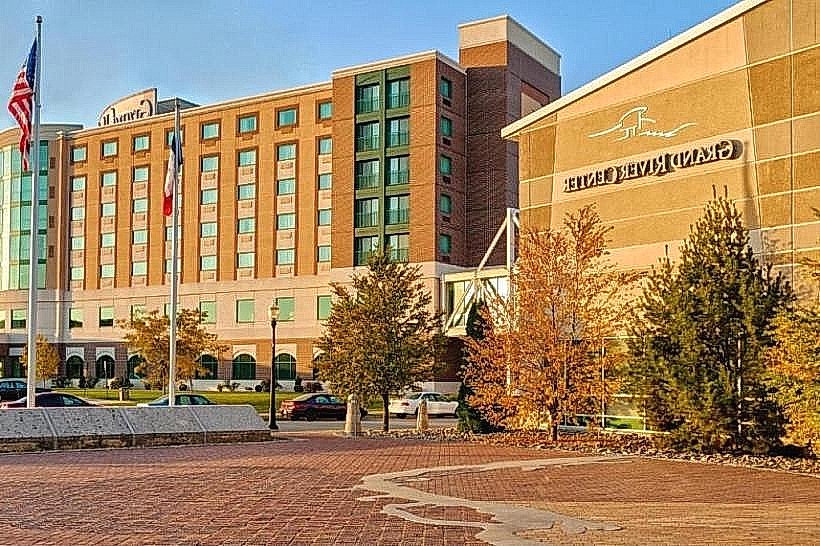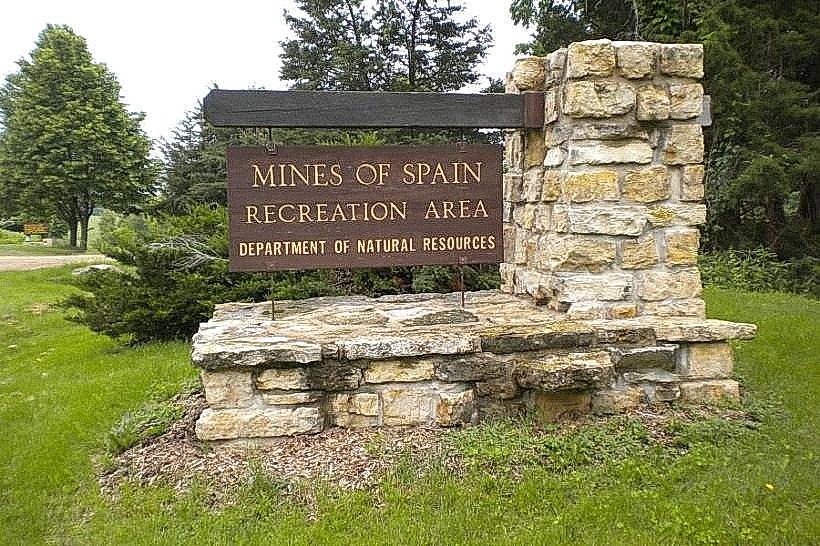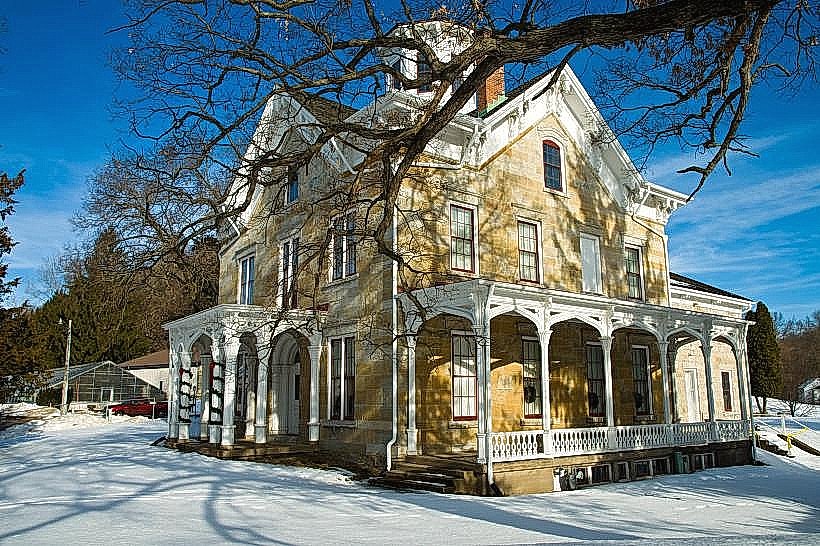Information
City: DubuqueCountry: USA Iowa
Continent: North America
Dubuque, USA Iowa, North America
Dubuque is the administrative seat of Dubuque County and serves as a principal commercial and industrial hub for the Tri-State area of Iowa, Illinois, and Wisconsin. It is located on the western bank of the Mississippi River, characterized by steep bluffs and rugged river valley topography.
Historical Timeline
The city was officially chartered in 1833, following the Black Hawk Purchase, though Julien Dubuque received a Spanish land grant to mine lead in 1788. Governance transitioned from Spanish and French territorial claims to American municipal status during the mid-19th century. The most significant architectural reconstruction period occurred between 1880 and 1920, during which the city’s Victorian-era commercial core was established. The primary event shaping the current urban form was the mid-20th-century industrial decline followed by the 21st-century redevelopment of the Port of Dubuque and the Historic Millwork District.
Demographics & Population
The total population within city limits is 59,635, with a metropolitan area population of approximately 99,266. The top three demographics are White (86.4%), Black or African American (5.1%), and Marshallese/Pacific Islander (2.4%). The median age of the population is 38.3 years.
Urban Layout & Key Districts
The city is organized linearly along the Mississippi River and vertically up the limestone bluffs. The Port of Dubuque (East) is the primary tourism and riverfront hub; the Historic Millwork District (North of center) is the focus of urban loft and commercial revitalization; the Downtown/Main Street area (Central) serves as the primary financial and government corridor.
Top City Landmarks
National Mississippi River Museum & Aquarium
Fenelon Place Elevator (Fourth Street Elevator)
Grand Opera House
St. Luke’s United Methodist Church (Tiffany Glass Collection)
Transportation Network
Movement within the city is serviced by The Jule, the municipal bus system consisting of fixed routes and trolley loops. There is no metro or tram system. Ride-sharing is available via Uber and Lyft. Official taxis are operated primarily by companies like A1 Taxi. Traffic density is low to moderate, with peak congestion occurring at the intersection of US-20 and the Northwest Arterial.
Safety & "Red Zones"
The general safety level is high compared to larger urban centers. Areas within the "North End" and certain segments of the downtown core near Central Avenue have higher reported incidents of property crime and should be navigated with increased awareness at night. Common scams are negligible, primarily limited to standard phishing or itinerant contractor fraud.
Digital & Financial Infrastructure
Average internet speed is 100-200 Mbps, with fiber optic expansion ongoing. Main mobile carriers are Verizon, AT&T, and T-Mobile. Card acceptance is high across all retailers and service providers. ATMs are widely available in banks and Kwik Star or Casey's convenience stores.
Climate & Air Quality
Temperatures range from -12°C to -2°C in winter (January) to 18°C to 29°C in summer (July). Specific weather risks include heavy snowfall and ice storms from December through March and occasional severe thunderstorms/tornadoes in spring. Air quality is generally high, though agricultural runoff affects localized water systems.
Culture & Social Norms
The standard tipping percentage is 15-20% for service. Handshakes are the standard greeting. Dress code is generally casual or "business casual," reflecting Midwestern norms. Smoking is prohibited in all indoor public places and within a specific distance of building entrances per the Iowa Smokefree Air Act.
Accommodation Zones
Port of Dubuque: Stay here for walking access to the Mississippi River, the casino, and the museum.
Historic Millwork District: Stay here for a loft-style environment and proximity to local breweries and boutique dining.
Local Cost Index
1 Espresso: $4.50 (¥675)
1 Standard Lunch: $15.00 (¥2,250)
1 Metro/Bus Ticket: $1.50 (¥225)
Nearby Day Trips
Galena, Illinois (25 km)
Potosi, Wisconsin (30 km)
Maquoketa Caves State Park (50 km)
Dyersville / Field of Dreams (45 km)
Facts & Legends
Dubuque is home to the Fenelon Place Elevator, claimed to be the world's shortest and steepest scenic railway. According to local lore, it was built in 1882 by a local banker who lived at the top of the bluff and wanted a faster way to reach his office at the bottom so he could return home for his midday nap without the long uphill carriage ride.

